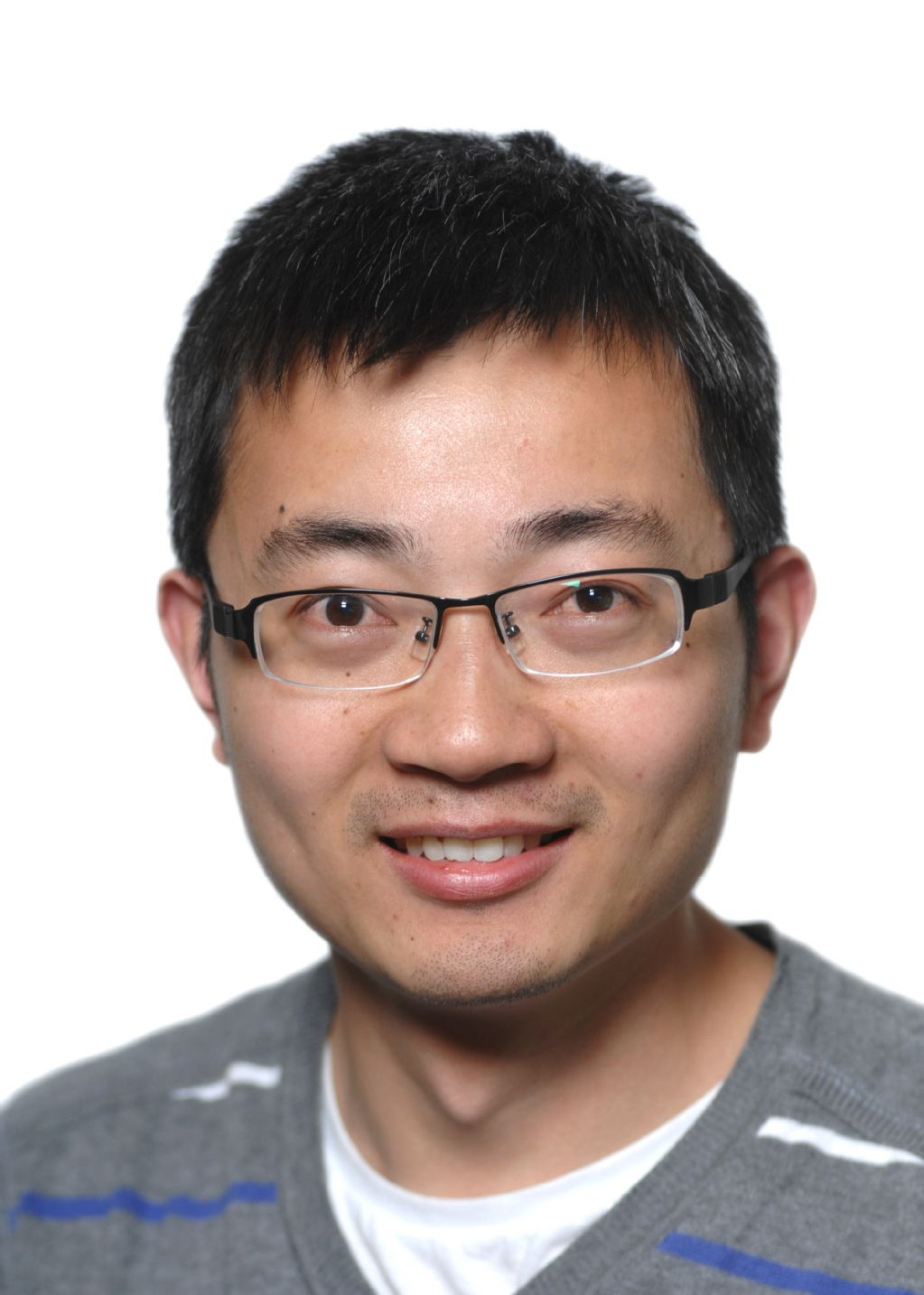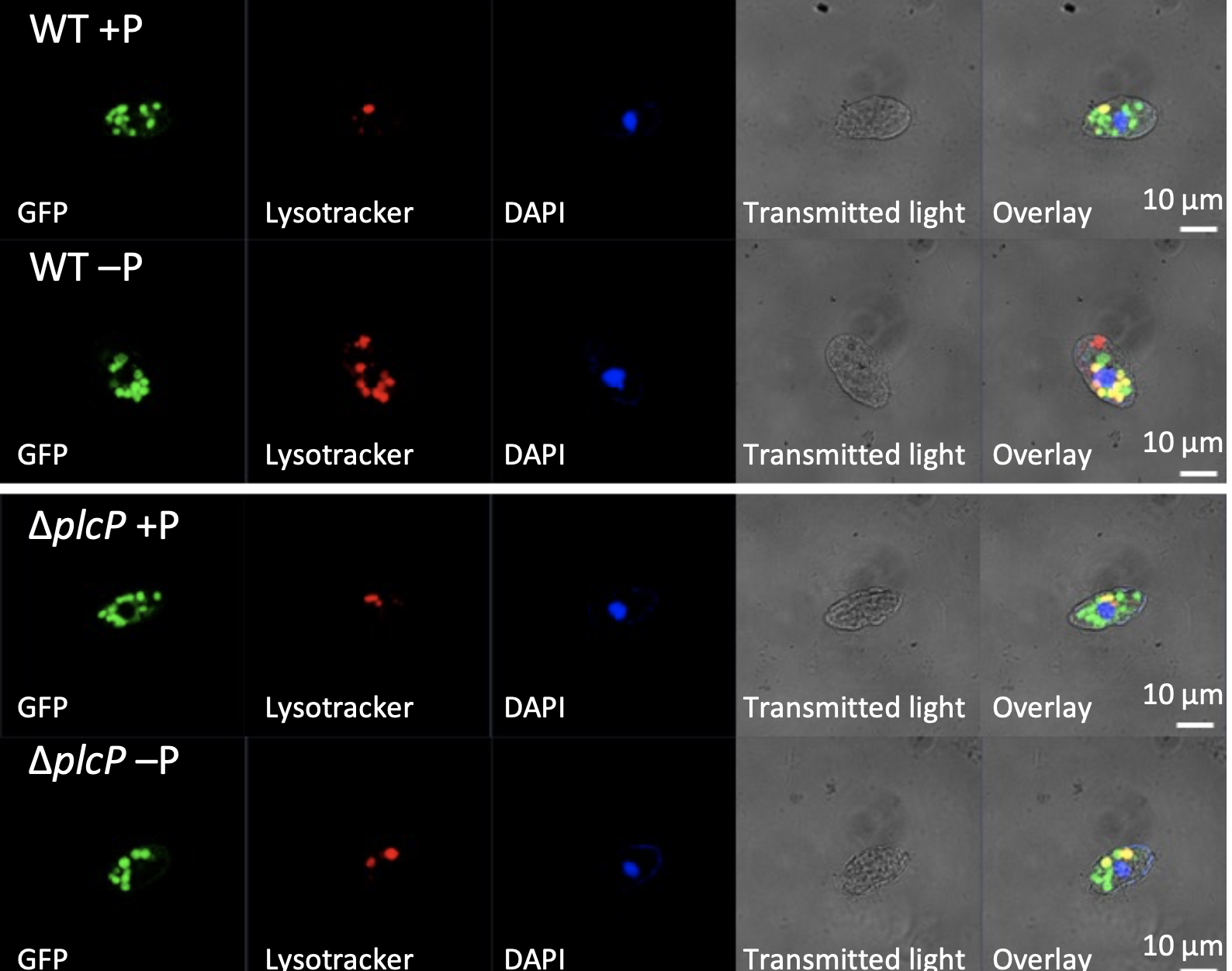Professor Yin Chen

Professor
email: Y.Chen.25@warwick.ac.uk
phone: 024 765 28976
Office: B121
Yin Chen webpage
Research Clusters
Microbiology & infectious disease
Vacancies and Opportunities
For PhD and postdoctoral opportunities, and interest in potential collaborations, please contact me at the above email address.
Research Interests
Current research in the group focuses on microbial diversity, genetics and biochemistry of microorganisms involved in the metabolism of methylamines, quaternary amines and lipids in human body as well as a variety of terrestrial and marine ecosystems.
Research: Technical Summary
Currently there are three main strands of research in my group.
Methylated amines and nitrogenous osmolytes: We have pioneered in the understanding of novel metabolic pathways and new enzymes leading to the re-mineralization of ammonium from organic nitrogen species, particularly methylated amines, in the surface marine waters. Our work has improved understanding of the role of key cosmopolitan marine heterotrophic bacteria, such as the Roseobacter clade and the marine SAR11 clade in ammonium re-mineralization (Chen et al., PNAS, 2011Link opens in a new window; Lidbury et al., PNAS, 2014Link opens in a new window).
Microbial interactions, particularly the role of the cell surface and membrane lipids in the stress and nutrient limitation response of bacteria. We recently demonstrated that marine heterotrophic bacteria can remodel their lipid composition in response to nutrient limitation (e.g. phosphorus) (Sebastian et al., 2016, The ISME JournalLink opens in a new window). Key to the lipid remodelling process in these marine heterotrophs is a novel intracellular phospholipase C, which is particularly abundant in natural marine bacterial communities, especially in areas characterised by low phosphate concentrations. We have recently characterised a novel pathway leading to the formation of these unique aminolipids in marine bacteria (Smith et al., 2019 The ISME JournalLink opens in a new window; Smith et al., 2021 The ISME JournalLink opens in a new window). These results pointed to the previously overlooked key role of lipid substitution as an adaptive strategy, enabling heterotrophs to thrive in the vast phosphorus-depleted areas of the oceans and resolved the paradox of SAR11-phytoplankton competition in oligotrophic oceans. Such a membrane remodelling strategy also comes with unforeseen ecophysiological consequences in trade-offs of certain traits (e.g. Guillonneau et al., 2022 PNASLink opens in a new window). In parallel, we also begin to understand the role of lipid remodelling in bacterial pathogens, some of which can substitute membrane lipids in order to become resistant to antibiotics (e.g. Jones et al., 2021 The ISME JournalLink opens in a new window).
A third strand of research in my group focuses on the interplay of diet, gut microbiota and host health and disease. We are particularly interested in understanding the role of quaternary amine metabolism and methylated amine formation in human gut. In the study published in 2014, we have identified a novel Rieske-containing oxygenase involved in gut microbial catabolism of carnitine to trimethylamine (Zhu et al., 2014 PNASLink opens in a new window). We recently solved the structure of this key enzyme CntA (Quareshy et al., 2021 J Biol ChemLink opens in a new window), help us better understand the mechanisms responsible (Shanmugam et al., 2021 Angewandte ChemieLink opens in a new window) for carnitine degradation by gut microbiota, providing a reliable biomarker for investigating key gut microbes involved in carnitine-diet induced cardiovascular diseases.
- Professor 2020-
- Reader 2018-2020
- Associate Professor 2015-2018
- Assistant Professor 2012-2015
- NERC Research Fellow 2010-2013
- Postdoc research fellow 2008-2010
- PhD, University of Warwick 2008
- BSc, MSc, Tsinghua University 2002/2005
Senior Editor: Microbiome 2016-2020
Editorial Board: ISME Journal 2018-
Pool of experts: BBSRC 2016-2022
Awardee of NERC Fellowship (2010) and ERC consolidator (2017)

